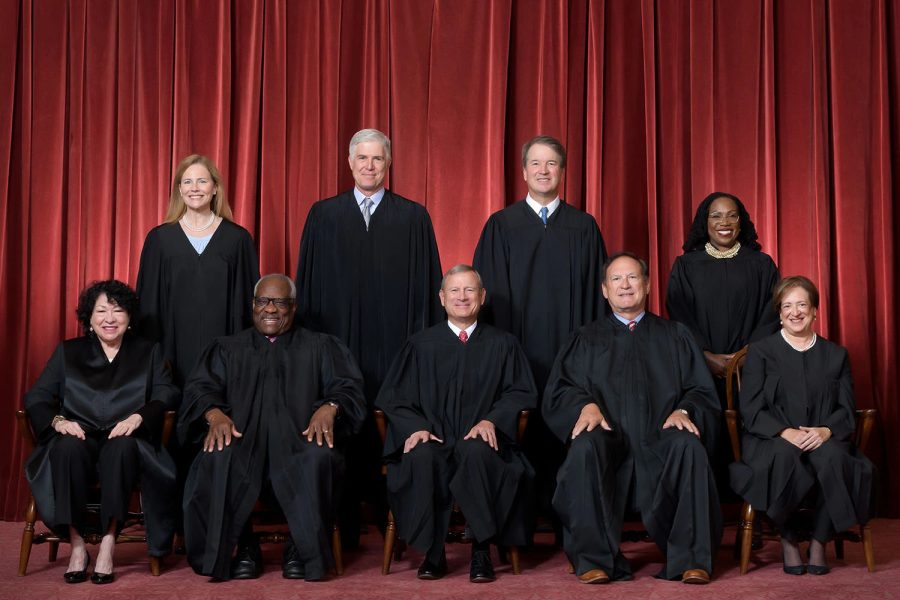RALEIGH, N.C. – When a North Carolina company that collected human body parts for transplants and other medical procedures was shut down in 2006, federal regulators cited inaccurate paperwork and poor record-keeping. But new court documents illuminate a more malicious story line: Federal prosecutors contend the company’s owner falsified medical histories, identities and blood samples of harvested cadavers to ensure the risky tissue could be sold. Court papers accuse Philip Guyett Jr. of forging the age and cause of death of cadavers he gathered from North Carolina funeral homes because tissues can be rejected for a number of reasons to protect the health of transplant recipients. Prosecutors claim Guyett’s Donor Referral Services Inc. hid instances of disease or drug use and say that if Guyett knew a blood sample would be rejected, he would submit one from a different cadaver donor. Guyett faces three counts of fraud. He has not been formally indicted, but the ‘criminal information’ documents from prosecutors can only be filed with the defendant’s consent and typically signal a plea deal is forthcoming. Guyett has previously denied any wrongdoing. His attorney declined to comment. An arraignment is scheduled for next Monday. The new details renew concerns raised a couple of years ago after Guyett’s facility was shut down and in a separate case, a New Jersey company was accused of plundering corpses for body parts. In the wake of those cases, thousands of Americans who had routine procedures like knee and back operations were urged to get tested for HIV and hepatitis. More than 1.3 million procedures each year use tissue from donated cadavers in what has become a billion-dollar industry. The Food and Drug Administration said in 2007 it rushed inspections on all 153 companies that recover cadaver parts and found no major problems. Regulators oversee some 2,000 business that handle tissues and generally only inspect a few hundred each year. The agency declined this week to say whether transplants linked to Guyett led to illnesses, saying that information could only be released through a Freedom of Information Act request, which is pending. Industry officials said no transplant recipients were affected, but worry there is still not enough federal regulation. ‘The part that concerns myself and other state licensing boards is the idea that (the tissue recovery business) is still not regulated like transplantable organs are regulated,’ said Paul Harris, executive director of the North Carolina Board of Funeral Service. ‘And I haven’t seen anything to indicate that it’s headed toward regulation.’ Transplantable organs are tested and regulated under a more rigorous system. Robert Rigney, head of the American Association of Tissue Banks, said his group regulates member companies separate from the FDA, requiring onsite inspections and reviewing operating procedures. Companies voluntarily join the association, and while Rigney said the most transplantable tissues firms are members, Guyett’s business was not. Rigney said he doesn’t think the FDA inspects new businesses soon enough, but said tissue transplant procedures are among the safest in medicine and that there hasn’t been a transmission of disease since 2002. He thinks the chances of another case like Guyett’s are minimal. ‘What these people are accused of doing violates everything that we stand for,’ Rigney said. FDA spokeswoman Susan Cruzan said a 2007 report found no major deficiencies in the industry and a 2005 report found low risks for disease transmission in tissue transplants. Guyett has been in trouble with authorities before. He was sentenced a decade ago to community service and probation after police accused him of pocketing cash from the sale of a cadaver. And while working in Las Vegas, Missouri police discovered human limbs in a leaky FedEx container Guyett’s company had shipped.
Latest Stories
- Former BGSU men’s basketball guard Marcus Hill transfers to NC State
- BGSU women's golf falls short at the MAC Championship
- Former BGSU men’s basketball player Rashaun Agee transfers to USC
- BGSU baseball’s Nathan Archer named MAC co-player of the week.
- Falcons’ historic run ends in Sunday series finale





















